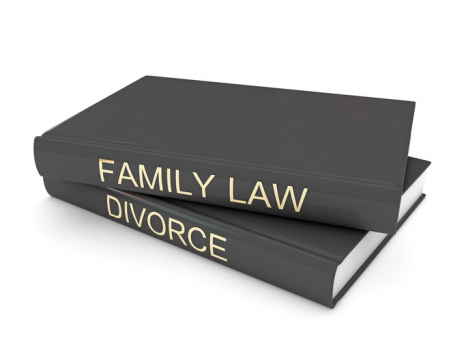
Common law marriage in SC

Last month a Charleston domestic relations case was published by the SC Court of Appeals that discussed common law marriage. The court examined the rules of common law marriage in South Carolina, still in effect retroactively after Stone v. Thompson, 428 S.C. 79, 833 S.E.2d 266 (2019), as applied to a Charleston couple where the Husband was pleading a common law marriage.
In the case of Powell v Dolin, Powell filed for divorce and alleged equitable apportionment of marital property and custody of a child, among other things. In June of 2018 Ms. Dolin placed her home up for sale. It was titled in her name and mortgaged to her. The parties had not been living together for many years, and both had been dating other people. The home was located on the Charleston peninsula and likely had a great deal of equity, which is why (in my opinion only!) Powell chose to file his lawsuit 3 days after Ms. Dolin listed the home for sale.
Of special note was the filing of a 2011 custody case between Powell and Dolin wherein both parties swore that they were not married. The parties came to a written agreement in that matter, but the case was never finalized in the family court and the matter was administratively dismissed.
In citing Stone, the court found that "...a party asserting a common-law marriage is required to demonstrate mutual assent to be married..." The court's ruing was consistent with South Carolina policy regarding the sanctity of a marital relationship and a reticence to impose one on folks who did not fully intend it.
The court found that Powell called himself "married" when it was convenient and financially beneficial for him to do so, but considered himself single when marriage was inconvenient or financially detrimental. Regardless, the court was required to find Dolin's consent to be common law married in light of Powell's claim.
Needless to say, the court found no evidence of Dolin's consent:
(Powell) was not subject to paying spousal support, providing (Dolin) or their children health insurance, sharing assets, or any other financial obligations a spouse might incur. Moreover, (Powell) was aware (Dolin) was involved in relationships with other men, and he provided care for the parties' children when (Dolin) went out on dates. All of this, when considered alongside the verified complaint and sworn affidavit from (Powell) 2011 family court litigation, convinces us the family court erred in finding a common law marriage existed.
While it seems straightforward, the trial court appeared to be caught up in the period of time the parties had cohabitated as determinative of the existence of a common law marriage. But if there was any confusion, the Powell v Dolin case makes it very clear- a trial court must find both parties mutually consented to being common law married, and that any period of cohabitation was only one factor in a determination of mutual consent.
I hope you find this helpful!
Guy Vitetta
Charleston




